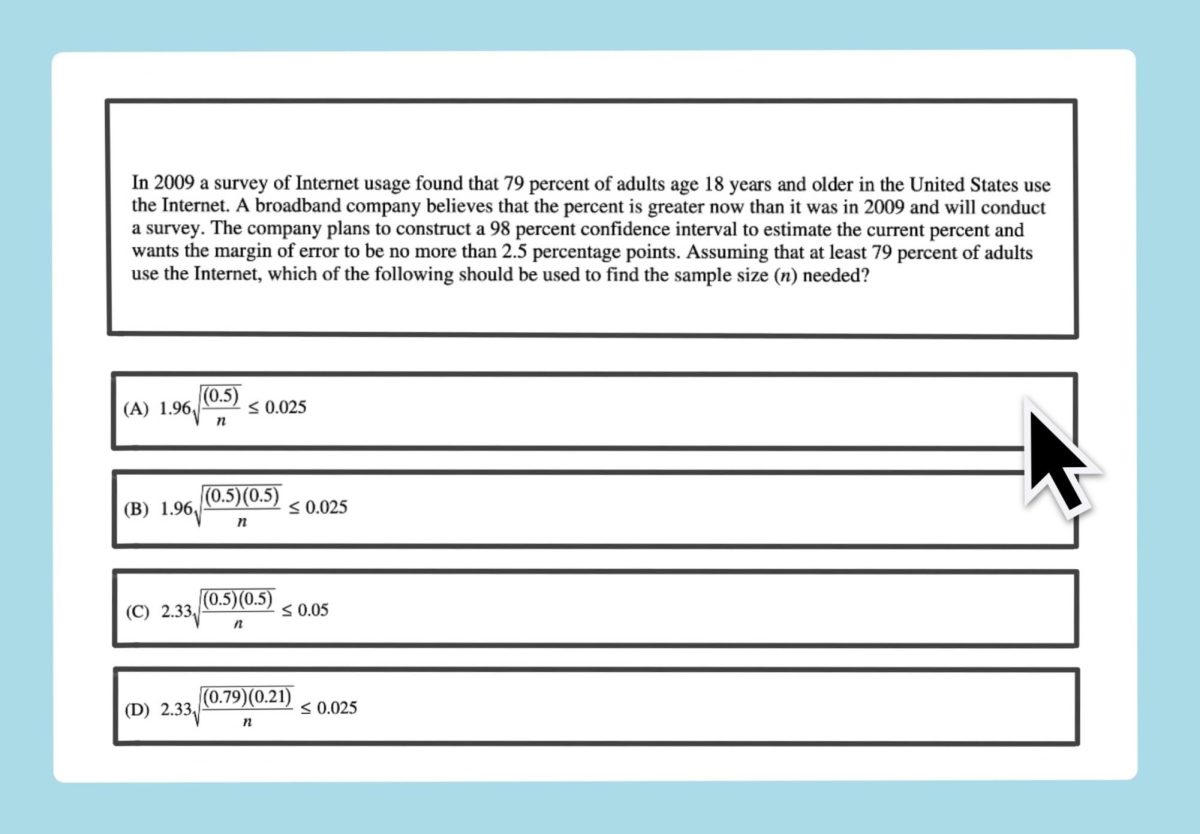The College Board redesigned the Advanced Placement United States History curriculum structure for the 2014-2015 school year to cover topics more in-depth and slow down the pace of the course.
Colleges and universities from all around the world approved these changes. Since the College Board, which outlines AP curriculum and administers AP exams, announced the new model in August 2014, however, there have been questions and complaints nationwide. In late January, the Georgia legislature introduced a bill that would put AP U.S. History at risk in public schools in Georgia.
Senate Resolution 80, a response to the recent changes made in the College Board curriculum structure for AP U.S. History, was read in the Georiga Senate for the first time on Wednesday, Jan. 28.
Sponsored by Republican William Ligon of Brunswick, this resolution states that the new AP U.S. History framework reflects a “radically, revisionist view of American history that emphasizes negative aspects of our nation’s history while omitting or minimizing positive aspects.” The resolution calls for that the College Board to withdraw the new curriculum before the beginning of the 2015-16 school year and replace it with either the previous AP U.S. History course or another that “respects and incorporates the Georgia Performance Standards for Social Studies.” If the College Board does not retract its new curriculum, the law requires the State Board of Education and the Georgia Department of Education to stop funding any activities, textbooks, or other materials for AP U.S. History and pushes for a reduction or elimination of federal funding for the College Board.
Sen. Ligon wrote on his website, “Traditionally, the AP U.S. History course was designed to present a balanced view of American history. With the current rewrite of the AP U.S. History curriculum, our best and brightest students are being immersed in the negative aspects of our nation’s history, while the positive accomplishments Americans worked hard for are minimized or omitted altogether.”
He also said that he, along with the other sponsors of the bill, have serious concerns that they won’t be able to find a solution without legislation.
Georgia isn’t the only state where legislators are complaining about AP U.S. History. According to The Washington Post, legislators in Texas, South Carolina, North Carolina, Colorado and Oklahoma have attempted to eliminate or change the AP course, all saying that the curriculum puts too much focus on the negative aspects of U.S. History. On Feb. 17, the Oklahoma legislature approved a plan to get rid of AP U.S. History in high schools across the state, saying that the course and test is unpatriotic.
The College Board has responded to the states’ legislation saying the complaints about the framework show “a blatant disregard for the facts.”
In an official statement released on Sept. 19, 2014, responding to earlier complaints, the College Board stated it would not retract the curriculum: “In the face of these attacks on our longstanding and highly respected approach to developing college-level courses, AP teachers and students, our member institutions and the American people can rest assured: the College Board will not compromise the integrity of the Advanced Placement Program.”
According to WABE-FM, Trevor Packer, senior vice president with the College Board, told a state legislative committee last fall that the former test left out significant events.
“It didn’t mention Gettysburg, which the new framework mentions,” Packer said at the meeting. “It didn’t mention the battles in the 18th Century, which the new framework mentions. It didn’t mention the battles of World War II. But the new framework does require that those teachers pick an example of each of those.”
This issue has prompted angry responses from hundreds of people in Georgia, including students, teachers and parents. One Gwinnett student commented on an Atlanta Journal-Constitution post on the matter, saying, “As someone who is directly affected by this class every day, I must say that statement is false … The [new] AP U.S. History course provides a good mix of our country’s triumphs and disappointments, drawing information from many different historians and primary sources.”
Roderick Pope, the only AP U.S. History teacher at Grady, thinks that the complaints about the new curriculum are misplaced.
“I would be shocked if [Georgia’s bill to force the College Board to change its curriculum] went anywhere,” Pope said. “I just received an email from a member of the state legislature, which said that [the resolution] is not on the House floor, and that we didn’t take a voting committee.”
Pope said the only thing that’s changed with the new model is the timing of the essays and short answer questions.
As of March 25, the resolution passed out of the House education committee and is now headed for the rules committee.
“College Board has clearly said, ‘Do not change the way you teach, do not change the stuff you teach, focus on these specific things, but you also have time to focus on these things and do what you want,'” Pope said.
The future remains uncertain. Teachers at Grady and across the nation may have to alter their curriculum. While the results of this debacle remain unclear, the two sides remain polarized on their views of not only the standards and subjects touched, but the way the future generations of children will view our country’s history.







